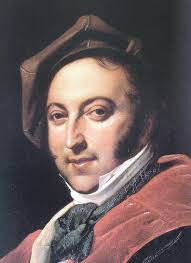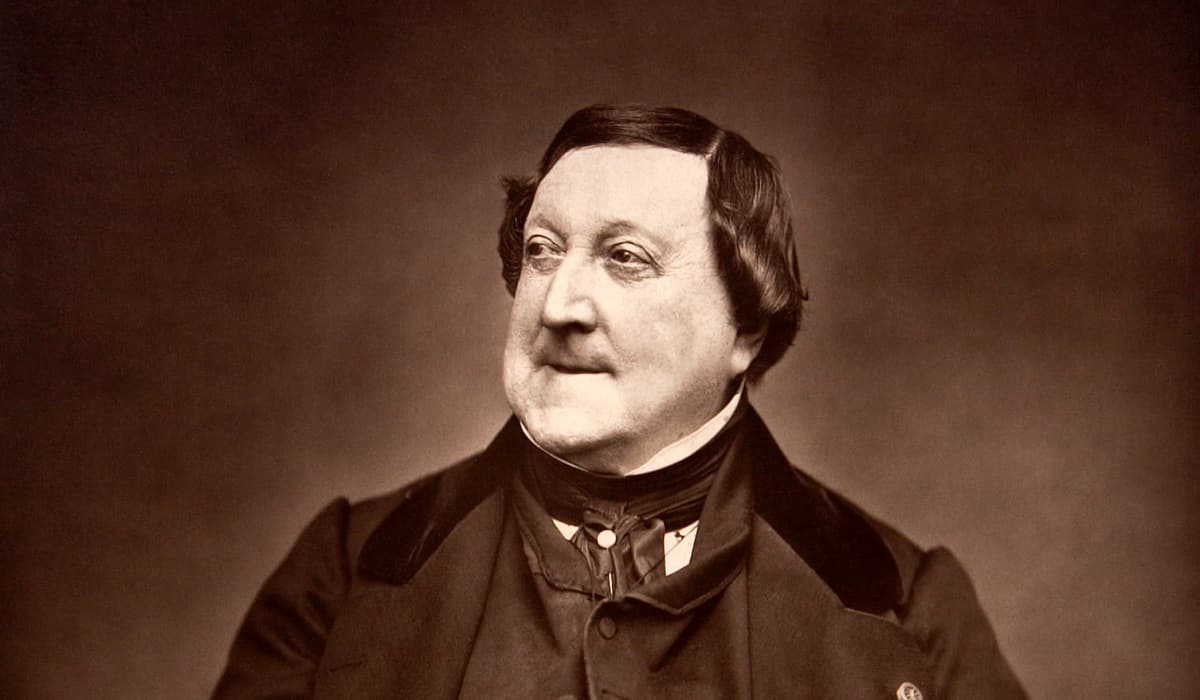The Overture to William Tell is one of the most famous pieces of classical music ever composed, transcending its original context to become a cultural icon. Written by the celebrated Italian composer Gioachino Rossini, this overture serves as the introduction to his final opera, Guillaume Tell (William Tell), which premiered on August 3, 1829, at the Paris Opéra.
This masterpiece not only showcases Rossini’s exceptional talent but also reflects the spirit of its time and the composer’s artistic evolution.
The Context of Creation
Rossini composed William Tell during his years in Paris, where he had been working under a lucrative contract with the French government. The opera was based on Friedrich Schiller’s play Wilhelm Tell, which tells the story of the legendary Swiss folk hero William Tell, who leads a rebellion against Austrian oppressors. The story’s themes of freedom, heroism, and resistance resonated deeply in 19th-century Europe, making it an ideal subject for an opera.
At the time, Rossini was at the peak of his career, known for his prolific output and dazzling operatic successes such as The Barber of Seville and La Cenerentola. However, William Tell marked a significant departure from the lighthearted, comedic works that had defined much of his oeuvre. Instead, this opera explored weightier themes and employed a more dramatic, innovative musical style.
Structure and Significance of the Overture
The Overture to William Tell is a symphonic masterpiece in its own right, often performed independently of the opera. It is structured in four distinct sections, each seamlessly flowing into the next, showcasing Rossini’s genius for orchestration and narrative pacing:
- Prelude: “Dawn”
The overture begins quietly with a lyrical cello melody, evoking the serenity of a sunrise over the Swiss Alps. This section showcases Rossini’s ability to paint vivid musical landscapes. - Storm
The mood shifts dramatically with a powerful depiction of a thunderstorm. The orchestra erupts with rapid strings, crashing cymbals, and dynamic brass, creating an electrifying sense of chaos and intensity. - Ranz des Vaches (Call to the Cows)
Following the storm, the music calms with a pastoral segment featuring the English horn and flute. This section reflects the idyllic life of Swiss peasants, grounding the overture in its cultural setting. - Finale: “March of the Swiss Soldiers”
The overture concludes with its most famous segment, a galloping, triumphant theme often associated with heroic action. This stirring finale symbolizes the bravery of William Tell and his compatriots. Its energetic rhythms and bold orchestration have made it a staple in popular culture, famously serving as the theme for The Lone Ranger.
Legacy and Cultural Impact
Despite its initial success, William Tell fell into relative obscurity in the decades following its premiere, primarily due to its challenging length and complex staging. However, the overture quickly gained popularity and became one of the most performed and recorded orchestral works in the world.
The Finale: March of the Swiss Soldiers has been immortalized in films, television, and commercials, transcending its operatic origins to become synonymous with adventure and excitement. From cartoons to sporting events, the William Tell Overture remains a beloved cultural touchstone.
Rossini’s Farewell to Opera
Remarkably, William Tell marked Rossini’s retirement from opera at the age of 37. Having composed nearly 40 operas by that point, he decided to step away from the stage and spent the rest of his life composing smaller-scale works and enjoying his fame. This makes the William Tell Overture a poignant farewell to his operatic career, encapsulating the brilliance and innovation that defined his legacy.
Conclusion
The Overture to William Tell is not just an introduction to an opera; it is a self-contained masterpiece that continues to captivate audiences nearly two centuries after its composition. Its vivid imagery, dynamic energy, and universal appeal ensure that Gioachino Rossini’s swan song to opera remains an enduring triumph in the world of classical music.


Comments are closed